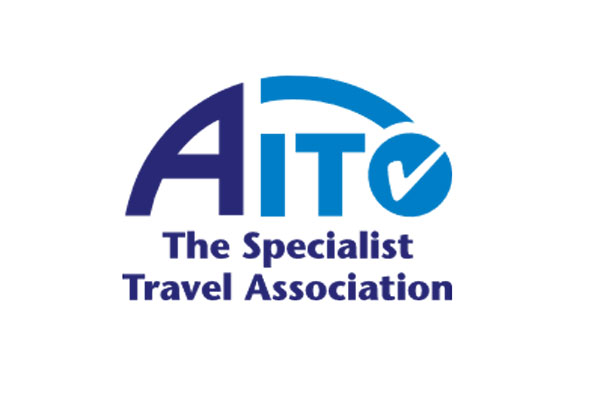Industry experts have signalled that operational hurdles and fluctuating consumer demands are crucial to understanding growth barriers. The travel sector faces ongoing adaptation challenges, with strategic planning and market responsiveness being essential.
Specialist tour operators have identified that operational challenges remain a primary concern impacting growth over the next 12 months. Although there has been a marginal decrease from 65% to 59% in operators highlighting this issue, it remains significant. This decline may reflect increasing collaboration among members and the outcomes of strategic lobbying efforts by industry groups.
The shifting dynamics in consumer demand have been highlighted as a growing hurdle. Previously, 29% of operators acknowledged this as a challenge; now this figure has risen to 37% for the upcoming year. Operators attribute this surge to the growing popularity of specific destinations, such as Costa Rica, which has witnessed increased interest in 2024.
Recruitment and staffing issues persist, though there is a slight improvement. The anticipated challenge has decreased from 47% to 35%, with talent attraction still noted as problematic. Following trends show a promising outlook for staff retention with expectations of a 6.2% improvement in turnover. Adapting workforce strategies remains crucial for sustaining operational stability.
Industrial action has become a more prominent concern, with smaller firms reporting an increased likelihood of impact. This concern has been exacerbated by fears of intensified competition and rising marketing costs. Operators believe that a strategic focus on targeted marketing could improve returns, as there is a sentiment that digital campaigns are not yielding expected results.
A rise in competition is prompting operators to re-evaluate their market strategies. The need for focused marketing efforts is critical, especially with the perception of increased costs yielding less effective results. To combat this, operators suggest leveraging more personalised channels to ensure efficient spend and maintain a competitive edge in the evolving travel landscape.
Industry leaders, such as Aito’s executive director Martyn Sumners, emphasise the importance of strategic planning and adaptability. He states, “By addressing recruitment concerns, optimising operational efficiency, and staying attuned to shifting market dynamics, operators and agents can position themselves for success in the coming months.” His insight underscores the need for proactive approaches.
As the travel industry braces for a challenging year, the focus remains on resilience and adaptation. Operators are encouraged to refine their business models, invest in staff development, and enhance consumer engagement strategies. Such proactive measures are critical to navigating the complexities and sustaining growth despite the headwinds faced.
With continued focus on strategic adjustments, tour operators remain hopeful. The travel sector’s ability to adapt and meet consumer demands will be a key determinant of success in the forthcoming year.

